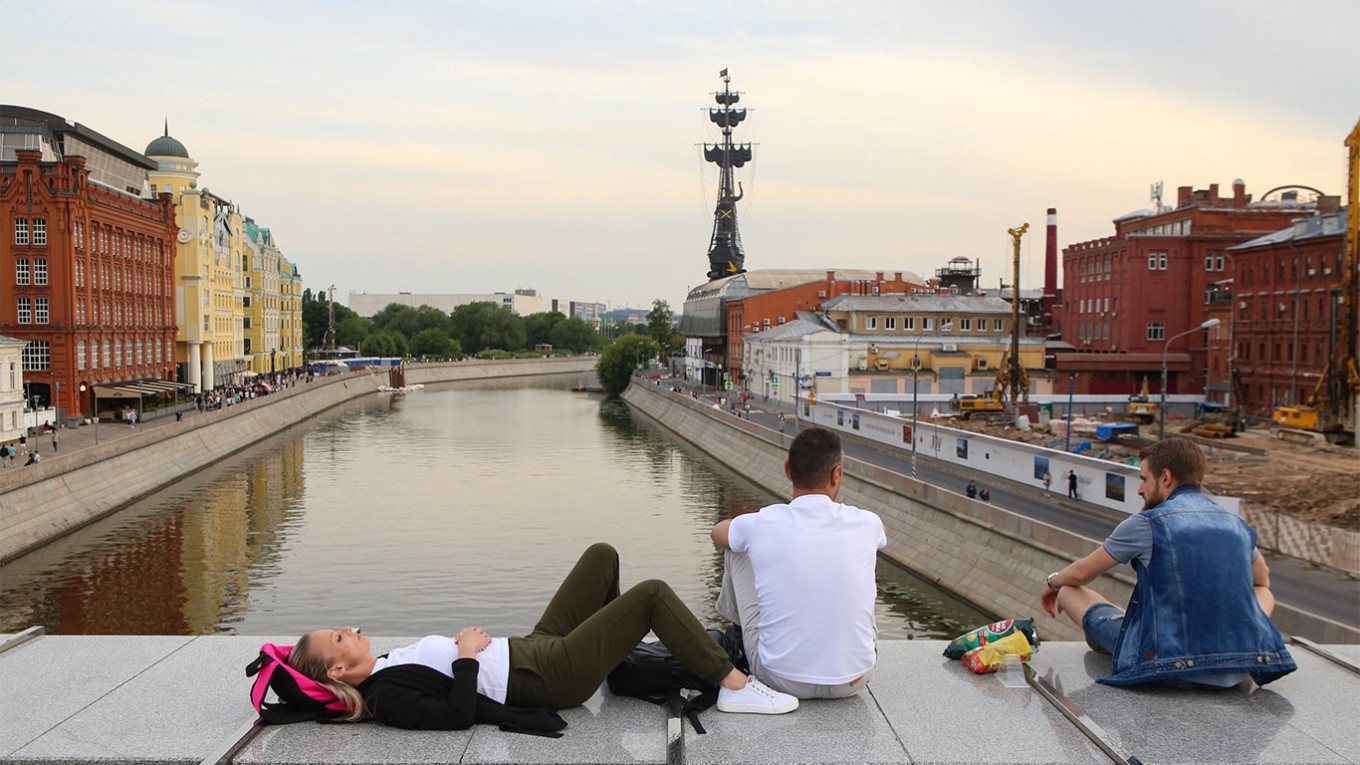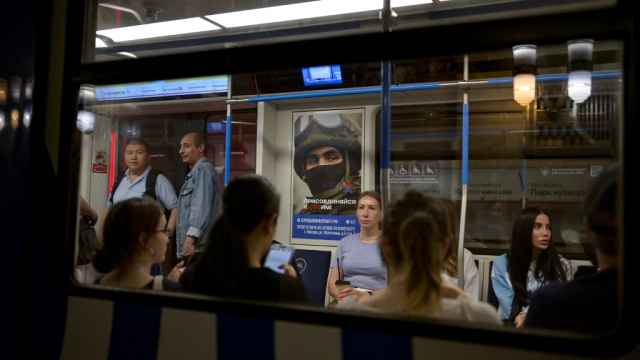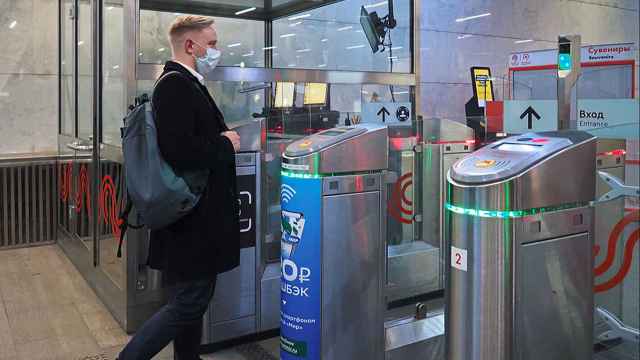Authorities in regions across central Russia have begun lifting security measures after an armed rebellion by the Wagner mercenary group ended with a deal to halt its advance toward Moscow.
Russia’s National Anti-Terrorist Committee had declared an “anti-terrorist operation” regime in the Russian capital and the Moscow and Voronezh regions, as Wagner fighters descended on Moscow Saturday.
Moscow Mayor Sergei Sobyanin announced an end to the city’s “anti-terrorist operation” early Monday, which he declared a non-working day as a preventative measure against crowds gathering during a potential standoff between Wagner mercenaries and Russian security services.
“I thank Muscovites for their patience and understanding,” Sobyanin said on social media.
The Voronezh and Moscow regions called off their own "anti-terrorist operations" within an hour after Sobyanin’s announcement, state-run news agencies reported, citing the Federal Security Service (FSB).
The “anti-terrorist operation” granted the FSB additional powers for monitoring citizens' online activities and restricting the movement of vehicles and pedestrians.
Wagner fighters had taken over a key military headquarters in the southern Russian city of Rostov-on-Don early Saturday, from where they launched what Wagner leader Yevgeny Prigozhin called a “march of justice” to topple Russia’s military leadership.
Videos shared on social media showed Wagner vehicles passing security checkpoints and roadblocks along a major expressway that links Moscow, Voronezh and Rostov-on-Don.
Regional authorities had resorted to desperate measures in an attempt to slow down the mercenary group's march on the Russian capital, with video showing excavators tearing up entire sections of road.
Tank tracks damaged more than 10,000 square meters of road in Rostov-on-Don, according to the city's mayor.
Meanwhile, a firefight between Wagner fighters and the Russian military damaged 19 homes in a village situated in the Voronezh region, local authorities reported Sunday.
Emergency officials in the Voronezh region also reported that a fire had broken out at an oil depot as the private military outfit approached.
Wagner fighters returned to their base Sunday after President Vladimir Putin agreed to drop treason charges against Prigozhin, who has apparently been exiled to neighboring Belarus.
Kremlin spokesman Dmitry Peskov said late Saturday the "anti-terrorist operation" would be lifted “in the nearest future” after announcing the agreement with Prigozhin.
Authorities have not yet reported any loss of human life during the short-lived revolt. However, unconfirmed reports suggest that as many as 13 Russian pilots may have been killed by Wagner fighters.
AFP contributed reporting.
… we have a small favor to ask. As you may have heard, The Moscow Times, an independent news source for over 30 years, has been unjustly branded as a "foreign agent" by the Russian government. This blatant attempt to silence our voice is a direct assault on the integrity of journalism and the values we hold dear.
We, the journalists of The Moscow Times, refuse to be silenced. Our commitment to providing accurate and unbiased reporting on Russia remains unshaken. But we need your help to continue our critical mission.
Your support, no matter how small, makes a world of difference. If you can, please support us monthly starting from just $2. It's quick to set up, and you can be confident that you're making a significant impact every month by supporting open, independent journalism. Thank you.
Remind me later.






